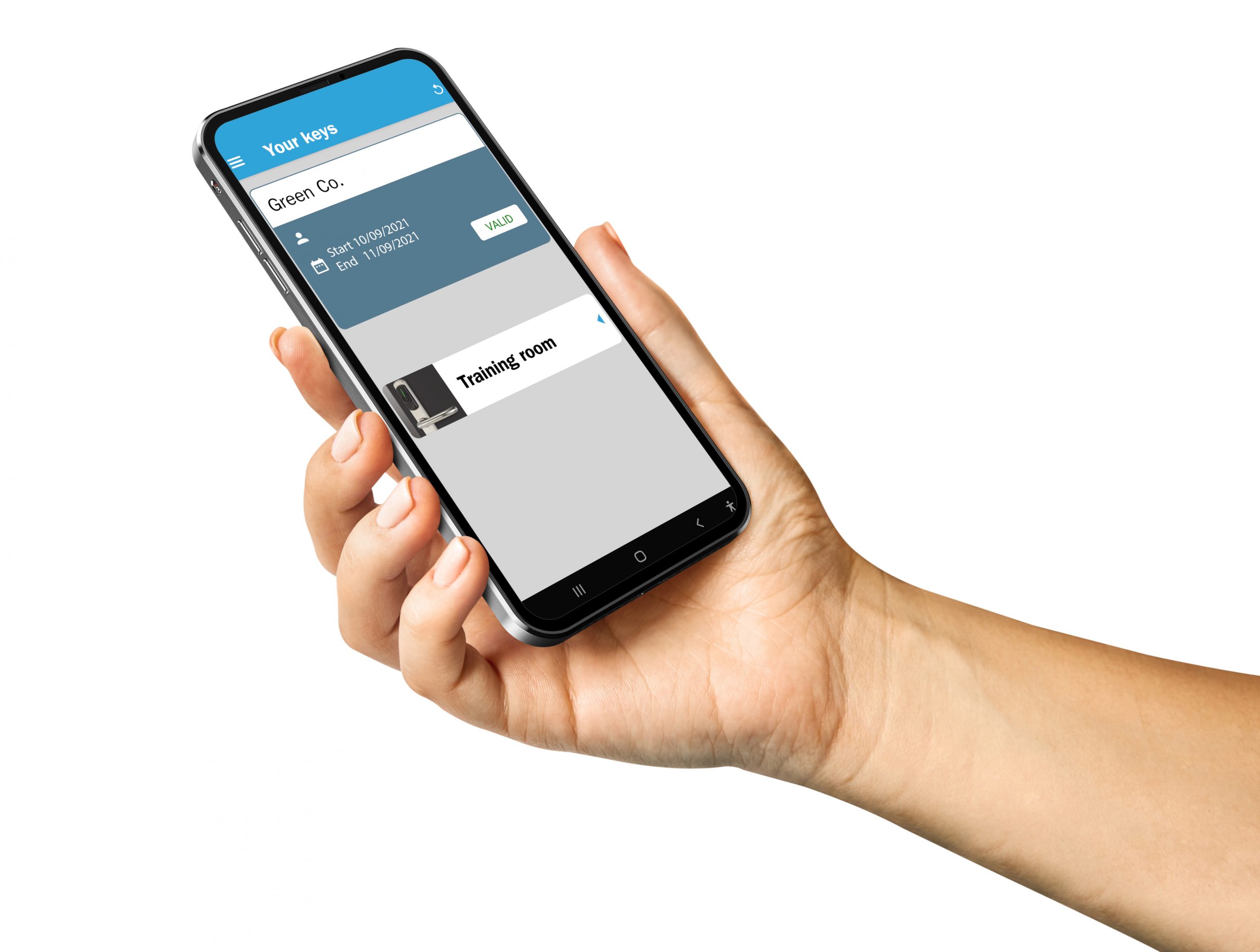UNESCO proposes differentiated solutions and points to strengthening media competence
The ban on cell phones in many schools is wrong. So says a statement from the United Nations Educational, Scientific, Cultural and Communication Organization (https://www.unesco.org) (UNESCO). According to the experts, the problem should be approached in a more nuanced way. “Our societies must advocate for governments to act in regulating technology companies. This includes adopting and enforcing age limits for social media apps, restricting access to children’s data, and curbing the presence of technology companies as educational technology industries in schools,” they say.
Online learning is no substitute
“Online learning cannot replicate or replace the benefits of face-to-face time in classrooms,” the report further states. It does, however, acknowledge special circumstances in which technology can be connective or inclusive. However, it critically points out that the push to individualize learning through digital technologies and online learning environments “may miss what education is all about.”
Educational institutions would need to realize that investing in technology in education alone will not solve the long-standing inequities and challenges in education. Educational technology should also not be used as a means to cut education budgets for face-to-face instruction.
Call for new curricula
Young people struggle with information overload, hidden technological manipulation, and an onslaught of misinformation and disinformation. Banning cell phones in schools does not address this complexity, the Fdach people argue. Neither does outdated media literacy or narrow digital literacy curricula. Rather, what’s needed are comprehensive new curricula that help students master the emotional, psychological, cognitive, and ethical demands of being online and present.
Despite the appeal of simplistic solutions, the way forward requires extensive government intervention. These would regulate technology companies, invest in the common good of public face-to-face education, and develop a whole-child curriculum that avoids moral panics and instead promotes critical literacy and social responsibility.
Smartphones are taboo at more than one in two German schools, with 54 percent of students reporting a ban on private device use on school grounds. One-third each say that use is only permitted in emergencies or during breaks and free periods. And three percent are also allowed to use their smartphones privately in class, according to a survey of 504 students between the ages of 14 and 19 commissioned by the digital association BITKOM.





